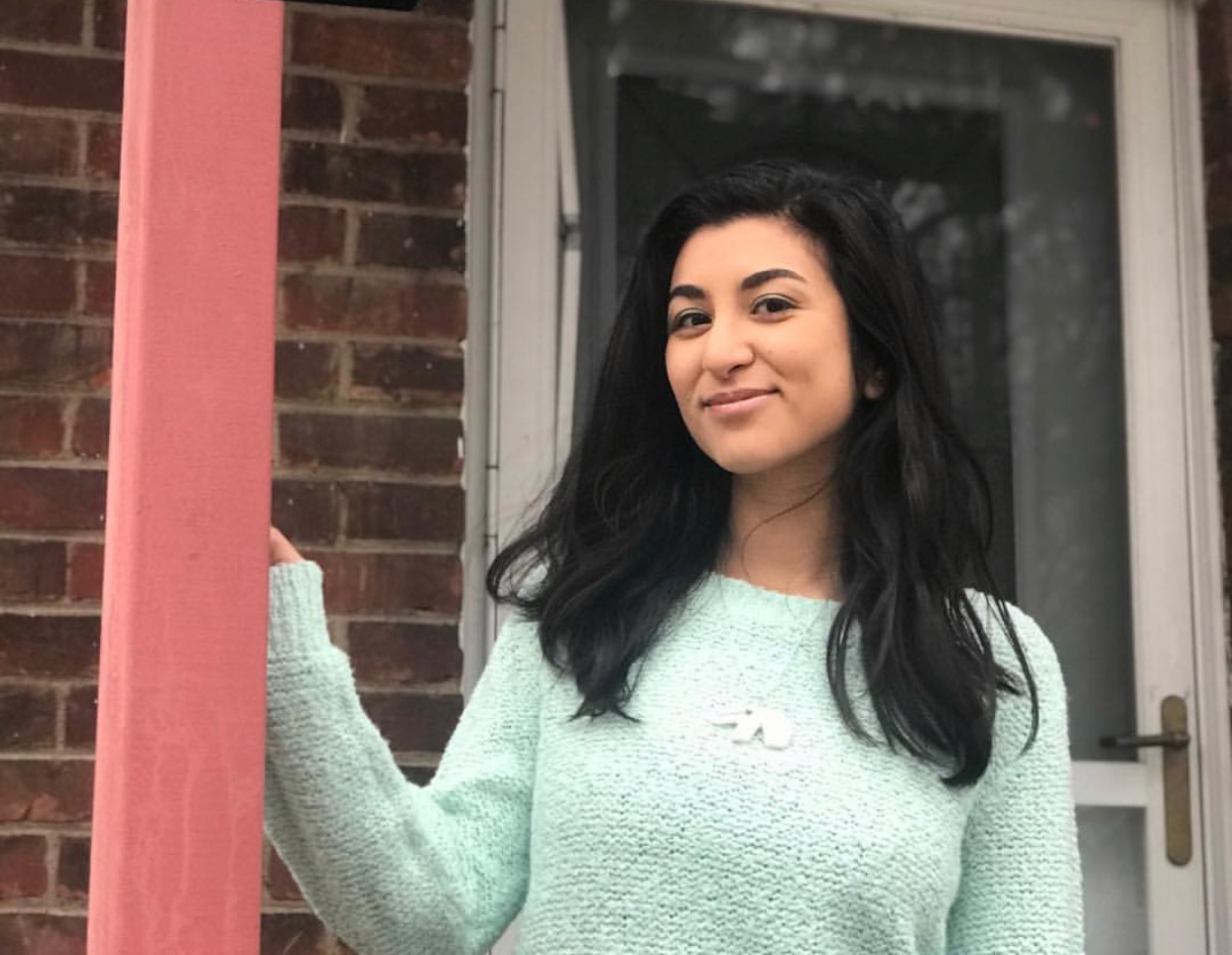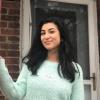Meet Teaching Artist Saba Keramati


Saba Keramati is a multiracial writer from the San Francisco Bay Area. She holds degrees in English and creative writing from University of Michigan and UC Davis. She has worked as a creative writing instructor, editor, literary magazine reader, and dramaturge. She was a 2020 juror for the Scholastic National Art and Writing Awards in Personal Essay & Memoir. A Pushcart Prize nominee, her work has appeared in or is forthcoming in Michigan Quarterly Review, Glass: A Journal of Poetry, Hobart After Dark, and elsewhere, including several anthologies. She has served as a panelist for the Association of Literary Scholars, Critics, and Writers and for the National Asian Pacific American Women's Forum.
To see Saba's current class list, visit her artist bio page.
***
When did you start teaching? What path—career or otherwise—brought you here?
I always wanted to be a teacher. My mother is a teacher, and seeing how fulfilling it was really affected me while I was growing up. I started tutoring when I was still in high school and continued that throughout college. When I got interested in education access and equity, I shifted from tutoring and focused on social justice organizing and activism, which I do consider a type of public teaching and discourse. I was finally able to merge these two passions by working in higher education: first at a multicultural center and then when I was earning my MFA and teaching literature and creative writing. It's the best job I've ever had, and I'm so grateful to be able to freelance teach!
How would you describe your teaching style?
My teaching style is focused on meeting students where they're at. There's not one set path that every student can or should follow. I like to provide my students with a set of tools that they can use (or not use!) to their advantage. Especially while teaching poetry, I like to expose students to a range of styles so they can choose what they're drawn to or want to emulate. My goal is that students understand why they're making choices—it's not to set up a right choice vs. a wrong choice. I like to show them that it’s okay to make mistakes, be silly, and try new things when writing! What I want most is for my students to be true to themselves; my role as a teacher is to help facilitate their amazing ideas into written content.
When it comes to imagining and creating classes, where do your ideas come from? What in particular inspires you?
I’m always looking to create conversations. I like looking beyond what poetry is “expected” to be. Be weird! Be funny, or sarcastic, or controversial! Be accusatory and angry! Poetry can hold so much, and I like to make sure that I make room for all types of poetry in my classes. This also means that I imagine my classes as representative of our population, whether it comes to race, gender, sexual orientation, disability status, or other marginalized identities. I never want someone to come to a class of mine and feel that poetry isn’t for them. It’s for everyone.
What's the ideal environment for your classroom? What atmosphere are you hoping to establish?
I'm focused on my students having fun and building community with each other. Sharing poetry can be vulnerable; it's best done with trust and love in the room. My favorite thing to see is my students becoming friends. Giving feedback is a type of love—we want each other to be the best writers we can be!—so I try hard to foster an environment of appreciation and care.
Regardless of what your class is specifically focusing on, what's the main goal you have for your students?
My main goal for students, especially beginning poetry students, is to demystify poetry. Most students only get exposed to dead white men when reading poetry at school. But I want to show them how poetry and language can be used to spark inspiration, be representative of different issues, and create change. I want them to be able to use poetry to shine a light on the things that are most important to them.
What are goals you have for yourself? These could be teaching goals, writing goals, career goals, community goals, etc.
My biggest goal is always just to keep writing. I don’t think it’s a skill you lose, but it can fall by the wayside because other things get in the way. The goal is to prioritize it.
What have been some of your own favorite educational experiences?
I’ve loved almost every poetry workshop of which I’ve been a part. Something about the workshop space is so intimate and caring. Maybe I’ve just gotten very lucky with workshop teachers and participants, but I’ve found that after every workshop I take, something unlocks within me and I am suddenly more energized than I’ve ever been.
To you personally, what is the most important part of the literary arts?
It’s hard to give just one answer! I’ll say community: artists that support other artists are holding the world of literary arts on their shoulders. At the end of it all, we’ll still have each other and our words.
